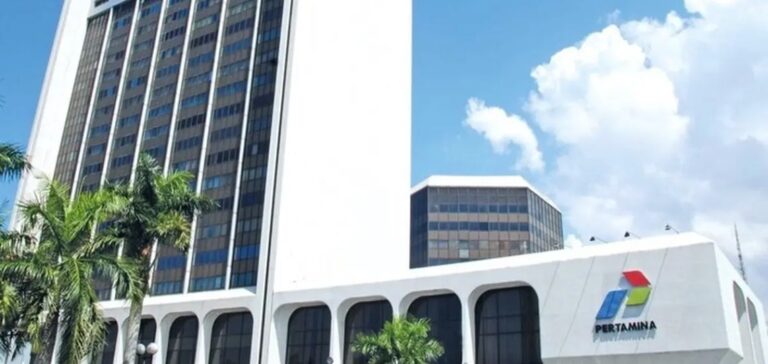Hyundai Motor Group has unveiled an ambitious action plan to establish a hydrogen production ecosystem based on waste in West Java Province, Indonesia. The project, presented during the Global Hydrogen Ecosystem Summit in Jakarta, represents the group’s first international initiative of this kind. The collaboration involves PT Pertamina (Persero), Indonesia’s state-owned energy company, along with the Ministry of Energy and Mineral Resources (ESDM) and the Ministry of National Development Planning (BAPPENAS).
Local infrastructure and operational launch
The project includes the development of an on-site hydrogen refuelling station, utilising Pertamina’s existing compressed natural gas (CNG) infrastructure. Operational launch is targeted for 2027. Hydrogen will be produced from biogas extracted from the Sarimukti landfill near Bandung, the capital of West Java. The landfill handles approximately 80% of the 1,500 tonnes of waste generated daily in Bandung.
A technical feasibility study has been conducted for the Sarimukti site, and construction is scheduled to begin this year. The project is backed by several Korean partner institutions, gathered into a consortium to support technology transfer and integration of South Korea’s advanced hydrogen policies.
Indonesian authorities’ involvement and regional challenges
The summit, hosted by the Indonesia Fuel Cell & Hydrogen Energy Association (IFHE), gathered government and industry representatives. On this occasion, the ESDM Ministry presented Indonesia’s national hydrogen roadmap, while BAPPENAS outlined policy priorities related to the new capital city, Nusantara. These developments align with the broader national strategy to diversify energy sources and respond to critical environmental challenges.
Structuring partnership and infrastructure security
The partnership also includes actions to secure the Sarimukti site in collaboration with Sejin G&E. This component covers the extraction of biogas and its conversion into low-carbon hydrogen through a steam methane reformer developed by Hyundai Rotem. In parallel, social initiatives have been announced with the NGO Good Neighbors to improve local access to clean water and healthcare.
Close coordination between Indonesian public authorities and South Korean industrial players paves the way for deeper integration of the hydrogen value chain across Indonesia. The project marks a key milestone in the internationalisation of Korean hydrogen technologies and their adaptation to the logistical and territorial specificities of the Indonesian market.






















